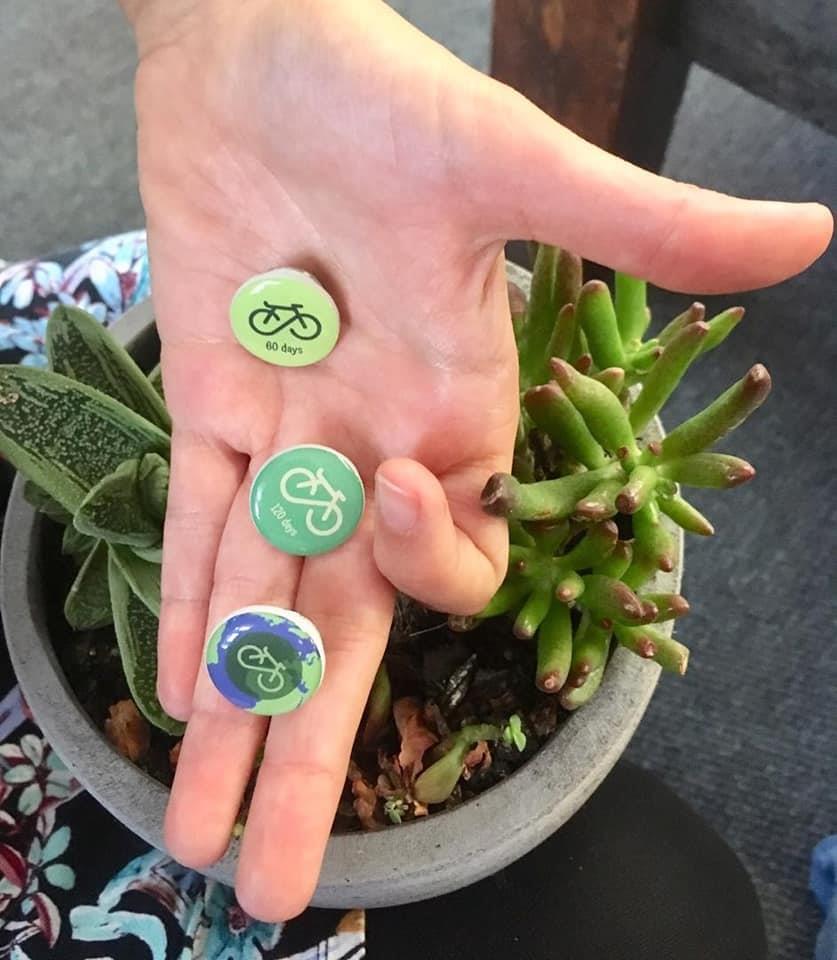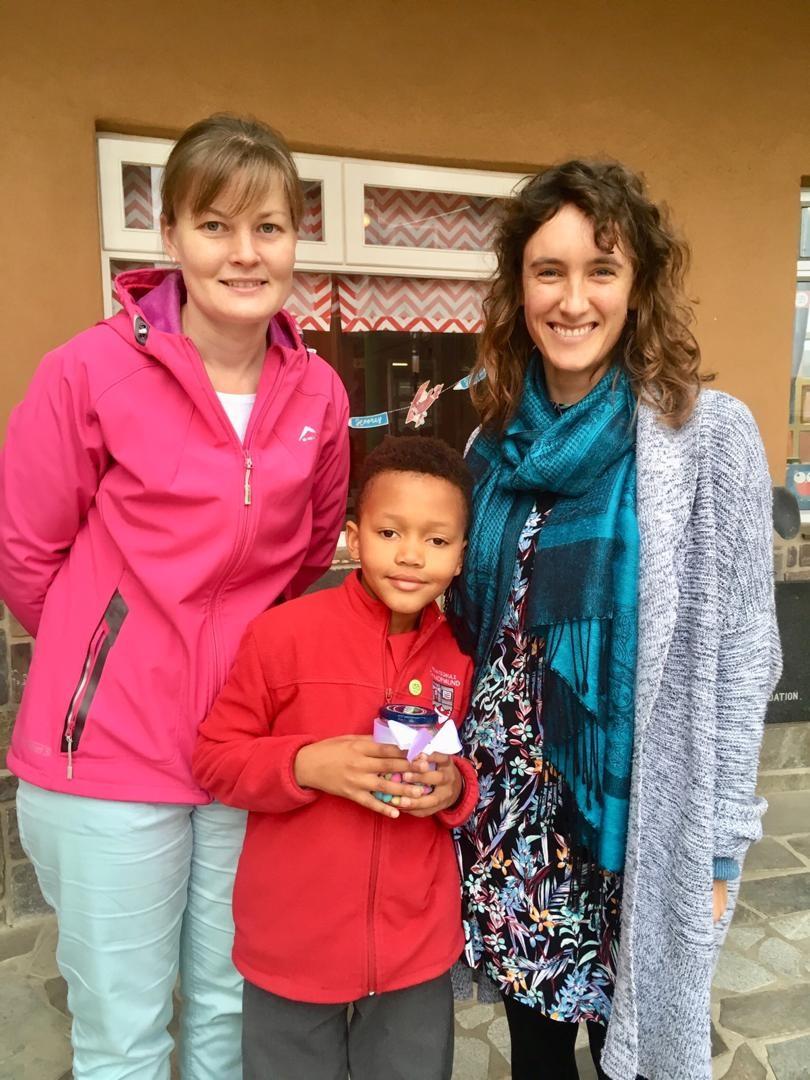PSS goes green
In a bid to earn a green flag, Private School Swakopmund (PSS) is getting its fingers green to ensure that pupils’ eco-hearts are in the right place.
Iréne-Mari van der WaltPrivate School Swakopmund (PSS) has of late made its voice heard and it sounds eerily similar to the voice of Greta Thunberg.
PSS aims to earn a green flag from the Foundation for Environmental Education (FEE), which will certify it as an eco-school.
In the past two years PSS has introduced many projects that work toward its sustainability goals.
Proper recycling systems with a recycling bin, a ‘bad bin’ and compost bin in each class was the first step.
The waste in the compost bin is used to make compost for the school gardens, which the school has diversified with the inclusion of more local plant species, specifically the more water-wise species.
PSS students are encouraged to limit air pollution by cycling to school, with a reward system by which students can earn three badges.
The first badge is earned when a student takes their bicycle to school for 60 days, the second is earned at 120 days and the third at 200 days.
The school has a team that waits for cyclists at school and award a tick to students on the cycling card when they arrive with their bicycles. The team informs school staff when a student has reached a milestone.
The project started last year with 66 learners and has grown to include 92 learners. Forty-two of these learners cycle to school daily.
Alisa Volkmann, the coordinator of the eco-friendly movement, says students have shown mindfulness toward the environment since the introduction of the cycling project.
Regular water audits have also allowed PSS to help the planet, and its pocket, when a major water leakage that would otherwise have gone unnoticed, was discovered.
The school has also replaced half of the traditional fluorescent light bulbs with eco-friendly LED bulbs and has put reminders up to turn off the lights.
To be recognised as an eco-school, PSS must complete seven steps.
The first is to establish an eco-school committee. Then the school’s water and electricity usage and waste production must be evaluated, and an action plan must be created based on the results.
This leads to the creation of an eco-code. Thereafter, the curriculum must be linked to teaching about environmentalism, and lastly the process must be monitored and reviewed. All this allows PSS to be awarded the coveted green flag by the FEE, and it will be a certified as an eco-school. Volkmann says that PSS is currently busy with steps six and seven, and is readying its application to be a certified as an eco-school. They are expecting an assessment in early 2020.













Comments
My Zone
No comments have been left on this article